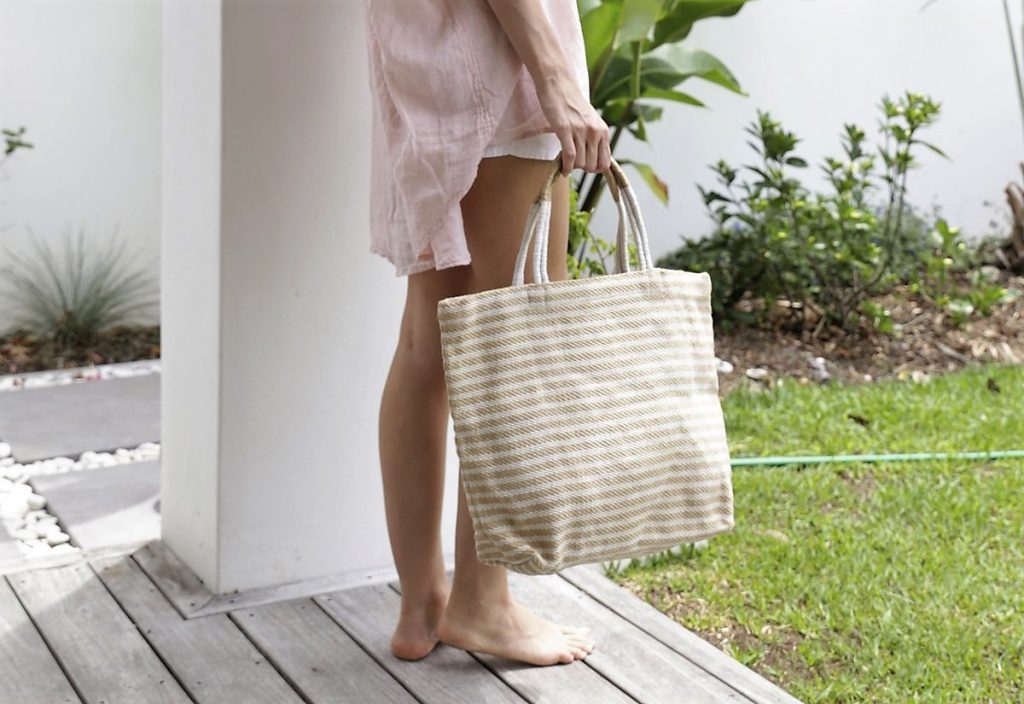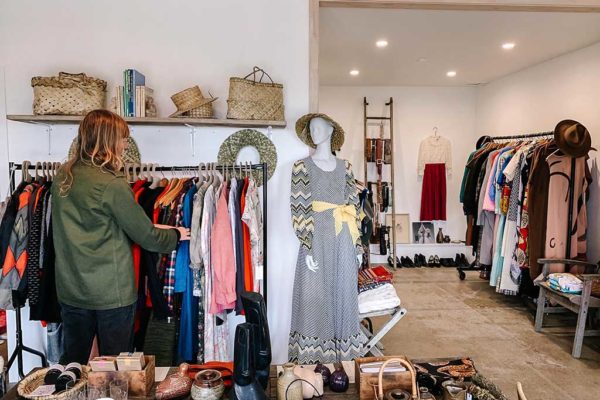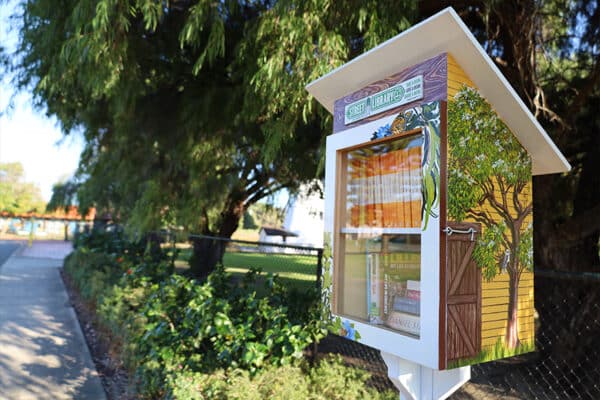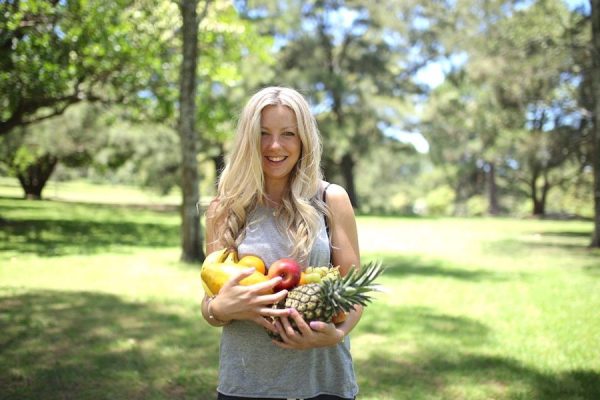First world problems: trivial or minor problems and frustrations of first world society, that the rest of the world would roll their eyes at.
Yesterday, I was marvelling at my new sunglasses chains because I didn’t need to put my glasses on my head anymore and get the nose pieces stuck in my hair…. first world problems. And last week I found myself frustrated that my favourite café wasn’t open on a Saturday… first world problems.
But there’s one thing that has become the talk of the town, without us realising that it’s a massive first world problem: plastic bags.

The plastic bag conversation is (quite literally) rubbish
Think about it. When we talk about plastic bags, we are literally talking about the issue of carrying food from the grocery store, to the car. Yes, sometimes they are used for longer periods of time, and other things aside from food, but this is the main crux of the plastic bag issue. It’s a rather ridiculous first world problem.
Australians consume 3.92 million plastic bags per year. That is approximately 170 bags per person. Every single year! Plastic bags are light, so can travel long distances, and often end up blocking our water ways and destroying ecosystems. Seagulls suffocate themselves, fish get caught, and some fish species even eat them, which are then found in our seafood meals as micro plastic. It’s a tough reality to learn whales are starved because their stomach is stuffed fill with plastic, simply so we can carry our groceries to the car.
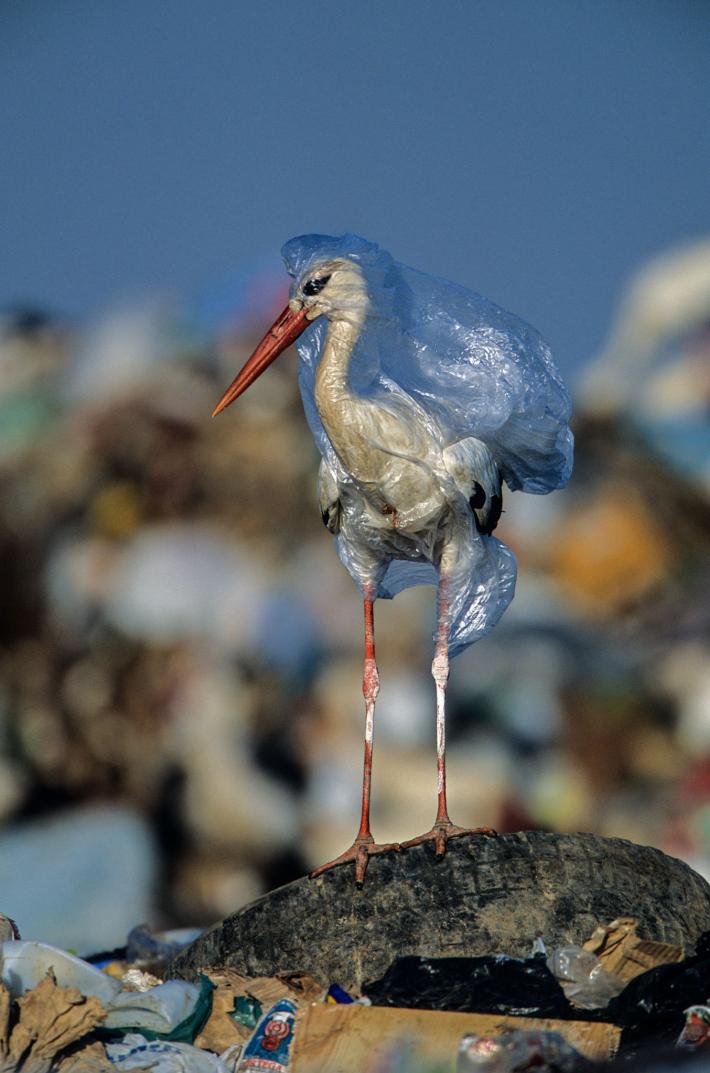
Via National Geographic
So, why are we so obsessed?
Because plastic bags have many great qualities. They’re cheap, waterproof, stronger than paper bags, and take up very little space. They’ve been around since 1965, but by the 1980s, society was already sceptical of their environmental impact. What has taken us so long to find another solution for the first world problem of carrying food to our car? One word: convenience.
The alternative to plastic bags, is carrying your shopping freestyle, or using a reusable bag which can be used for several shops and lasts many years. This involves preparation and forethought, something we aren’t practised in these days. It appears society wants everything NOW; we can only think of the immediate future. Our grocery shopping habits have become quick trips to the shop when we need food, rather than planned trips with consideration. The usual response to “how are you?” is “busy!”, and our lives are continuously filled to the brim. We don’t have time to plan our next meal, let alone plan how we are going to carry it.
Plastic bags represent our inability to remember to bring a canvas bag with us, because we were rushing from one event to another, or looking down at our cell phone. Plastic bags are there for us. They are convenient, and reduce the number of things to think about.
People also find it hard to ditch plastic bags, because of habit
In 1965, when plastic bags were first introduced, it was hard for society to switch from paper bags too. But the plastic bag to cotton bag change is proving to be even more difficult. Busy mums forget them, and teenagers are too cool for them. We have umbrella holders at our front door, but it’s unusual to have carry bag holders which remind us to grab them as we walk out. Imagine if this was reality? Bringing reusable bags could become just like brushing our teeth in the morning.
I don’t know about you, but I don’t want to keep talking about how we carry our food from the grocery store to our cars anymore. There are some things in the eco-world I have a lot of patience for; we’re all on our own journey. But the plastic bag conversation is not one of them. I’ve got better things to do, and the environment does too.
